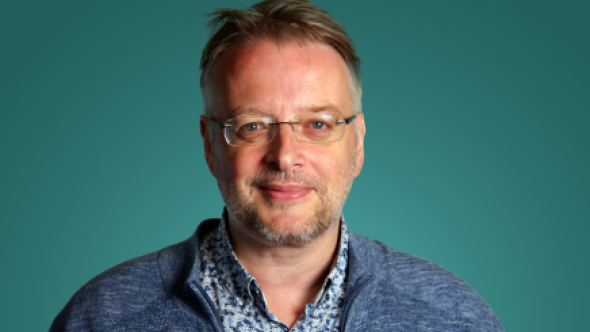Emerging divergent thinking: a challenge for universities.
Chairman of the Board of Directors of the Agence du Numérique (ADN), entrepreneur and co-founder of several start-ups, entrepreneurial coach, university lecturer notably in the BAGI master's program at UNamur, columnist: Roald Sieberath is a man who runs out of time to invest in projects he knows will bring results. He's a bearer of meaning, creativity, innovation and solutions. By placing people and multidisciplinarity at the heart of digital development and entrepreneurship, he is confident about the future of our society and the deployment of Wallonia.
.